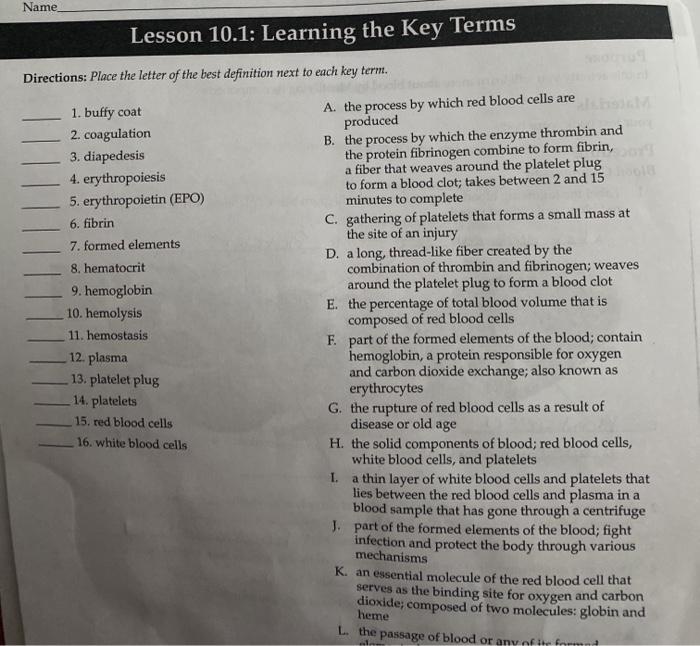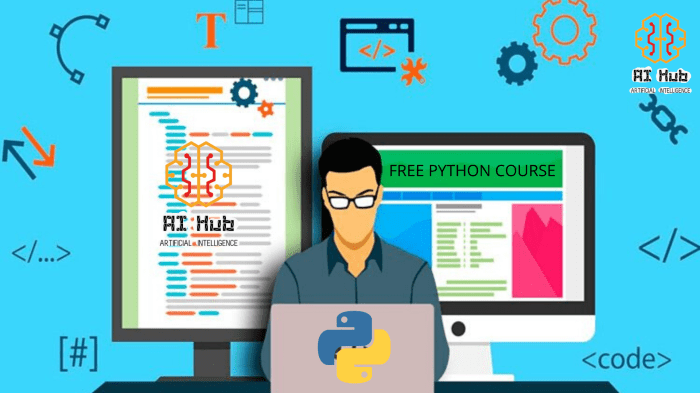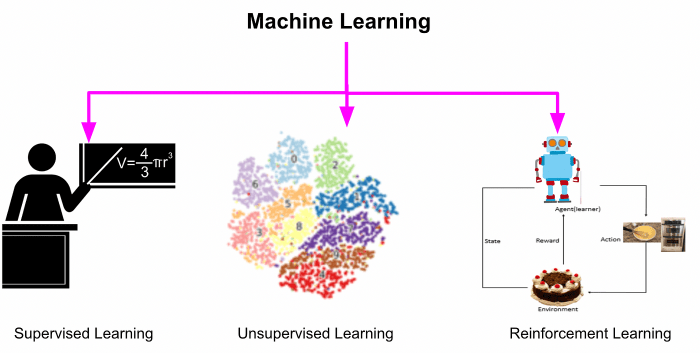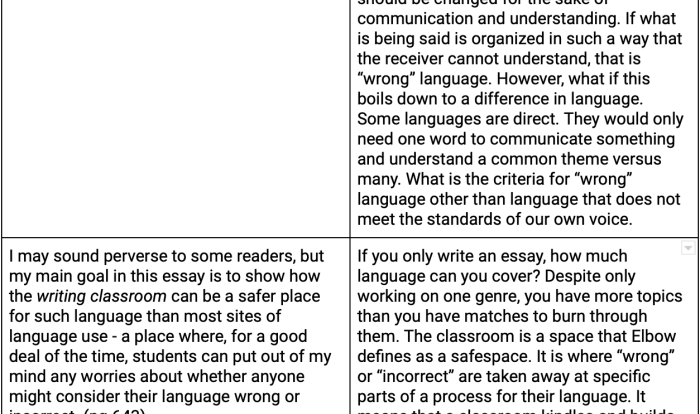Lesson 13.1 learning the key terms – Beginning with lesson 13.1: Learning Key Terms, we embark on a journey to explore the significance of key terms in academic discourse and beyond. Key terms serve as the cornerstone of comprehension, providing a solid foundation for further learning and critical thinking.
Throughout this lesson, we will delve into effective strategies for memorizing and understanding key terms, emphasizing the importance of contextualization and active recall. We will also examine how key terms are utilized in real-world scenarios, demonstrating their relevance in problem-solving, analysis, and communication.
Key Terms and Their Importance: Lesson 13.1 Learning The Key Terms

Key terms are fundamental building blocks of knowledge, providing the essential vocabulary for understanding any subject. They establish a common language and shared understanding among individuals, enabling effective communication and collaboration.
By defining and comprehending key terms, we establish a solid foundation for further learning and exploration. They act as anchors for new concepts and ideas, facilitating the construction of a coherent knowledge structure.
In real-world scenarios, key terms play a crucial role in various domains, including scientific research, academic discourse, legal documents, and technical manuals. Their precise and consistent usage ensures clarity and precision in conveying information.
Strategies for Learning Key Terms, Lesson 13.1 learning the key terms
Effectively memorizing key terms requires a combination of techniques and strategies. One effective approach is spaced repetition, which involves reviewing the terms at increasing intervals, strengthening their retention in memory.
Active recall, another valuable technique, involves actively retrieving the terms from memory without relying on external cues. This process forces the brain to engage in deeper processing, enhancing long-term retention.
Creating personalized study materials, such as flashcards, mind maps, or concept diagrams, can also aid in the learning process. These materials provide visual and interactive ways to reinforce the key terms.
Contextualizing Key Terms
Understanding key terms within their context is essential for comprehending their full meaning and significance. The context provides the framework in which the terms are used, influencing their interpretation and application.
For example, the term “democracy” has different meanings and implications depending on the historical, cultural, and political context in which it is used. By understanding the context, we can avoid misinterpretations and ensure a more accurate understanding.
Context can also shape the way key terms are used in different disciplines. The term “culture,” for instance, may have distinct connotations in anthropology, sociology, and psychology.
Using Key Terms in Practice
Key terms are not merely abstract concepts; they are tools for analyzing, interpreting, and solving problems. By utilizing key terms, we can engage in critical thinking and communicate our ideas more effectively.
For example, in economics, the key term “marginal utility” allows us to analyze consumer behavior and predict market outcomes. In history, the key term “Renaissance” helps us understand a complex period of cultural and intellectual transformation.
By applying key terms in practice, we can deepen our understanding of the world around us and make informed decisions.
Assessing Key Term Understanding
Assessing students’ understanding of key terms is crucial for evaluating their comprehension and progress. This can be done through a variety of methods, including formative and summative assessments.
Formative assessments, such as quizzes and class discussions, provide ongoing feedback and allow students to identify areas for improvement. Summative assessments, such as exams and essays, measure students’ overall understanding of the key terms.
Effective assessment techniques include multiple-choice questions, short answer questions, and essays that require students to demonstrate their understanding of the terms in context.
Top FAQs
Why are key terms important?
Key terms provide a common vocabulary and understanding, allowing individuals to engage in meaningful discussions and comprehend complex subjects.
How can I effectively memorize key terms?
Employ spaced repetition and active recall techniques. Create personalized study materials, such as flashcards or mind maps, to enhance memorization.
How does context influence the meaning of key terms?
The context in which key terms are used can shape their meaning and application. Understanding the context helps learners grasp the nuances and complexities of key terms.





